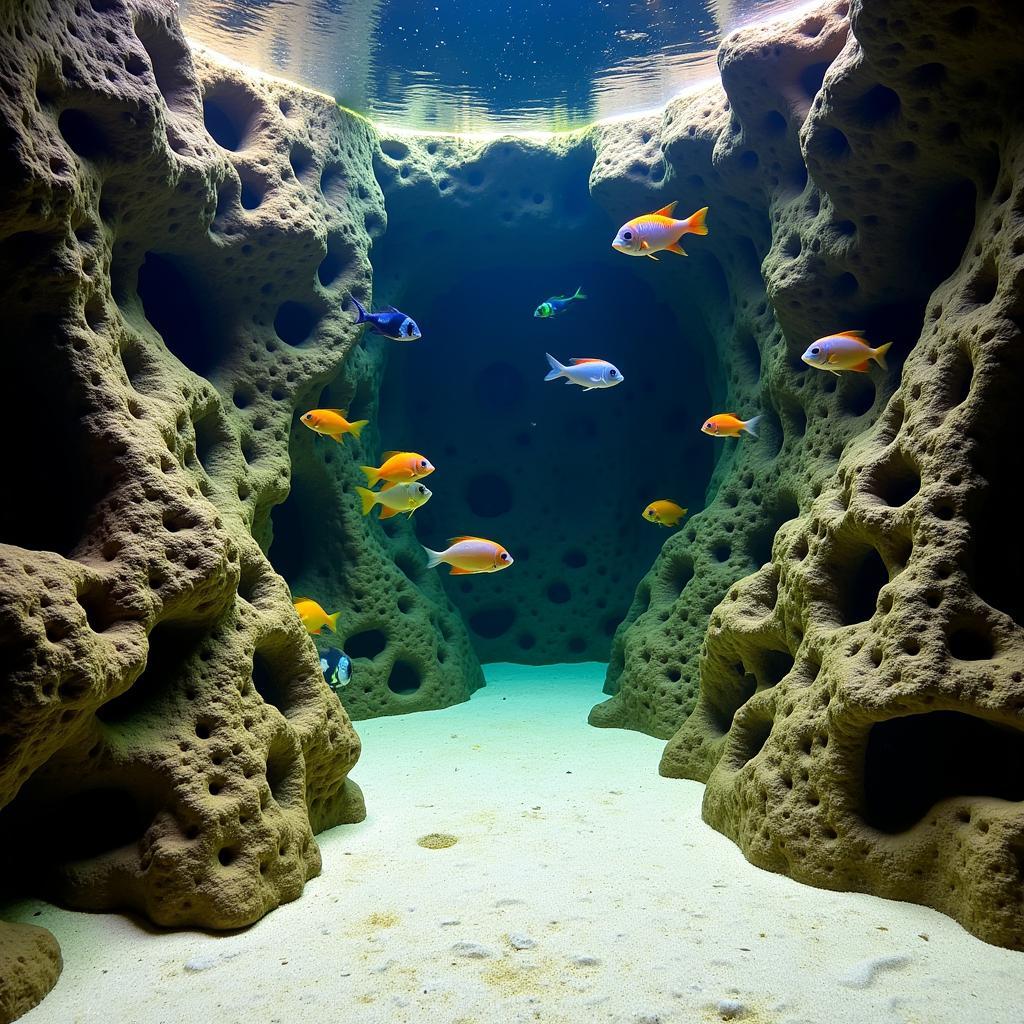African Jacana Nests: A Balancing Act of Nature
The African jacana, a striking bird with its vibrant plumage and elongated toes, is a common sight in the wetlands of sub-Saharan Africa. These birds are known for their unique nesting habits, particularly the precarious placement of their nests. Unlike most birds, African jacanas, also known as lily-trotters, choose to build their nests directly on floating vegetation, showcasing a remarkable adaptation to their watery environment.
Walking on Water: The Jacana’s Secret
The secret to the African jacana’s ability to seemingly walk on water lies in its remarkable feet. Their toes are exceptionally long and thin, with a wide spread. This unique anatomy allows the birds to distribute their weight effectively over a larger surface area. As a result, they can effortlessly walk, run, and even mate on floating vegetation without sinking. This adaptation is crucial for their survival, allowing them to access food sources and nesting sites inaccessible to other bird species.
A Nest Afloat: Challenges and Adaptations
Choosing to build a nest on floating vegetation comes with its own set of challenges. The jacana’s nest is constantly subjected to the whims of the water, vulnerable to both wind and waves. To combat this, the nests are built with a shallow, platform-like design, allowing water to easily drain through. The parents, particularly the male jacana, play a crucial role in maintaining the nest’s stability, constantly adding or removing material to keep it afloat and dry.
African jacanas are known for their polyandrous mating system, where one female mates with multiple males. This social structure plays a significant role in the survival of their young. The males are primarily responsible for incubating the eggs and caring for the chicks. This division of labor allows the female to focus on laying more clutches, increasing the overall reproductive success of the group.
Protecting the Future: Conservation Efforts
While African jacanas are currently listed as a species of least concern by the International Union for Conservation of Nature (IUCN), their wetland habitats face increasing threats from habitat loss and degradation due to pollution and human encroachment. Conservation efforts are crucial to ensure the long-term survival of these fascinating birds and their unique nesting habits.
Protecting existing wetlands and promoting sustainable water management practices are vital steps towards preserving the delicate balance of these ecosystems. Supporting organizations involved in wetland conservation and raising awareness about the importance of these habitats can contribute to the continued survival of African jacanas and the myriad of other species that depend on them.
Frequently Asked Questions
1. Why do African jacanas build nests on water?
African jacanas build nests on floating vegetation as a strategy to avoid predators and take advantage of food sources found in aquatic environments.
2. How do jacana nests stay afloat?
Jacana nests are built with a shallow platform-like design that allows water to drain through. The parents, particularly the males, also constantly adjust the nest’s structure to maintain its buoyancy.
3. What do African jacanas eat?
African jacanas are omnivorous and feed on a variety of insects, small fish, crustaceans, and seeds found in their wetland habitats.
4. Are African jacanas endangered?
While not currently endangered, African jacanas are facing threats due to habitat loss and degradation.
5. How can I help protect African jacanas?
Supporting organizations involved in wetland conservation and promoting sustainable water management practices are crucial for protecting African jacana habitats.
Need More Information?
Explore more about the fascinating world of African desert people and their unique adaptations to challenging environments.
Interested in pursuing a career focused on understanding and advocating for African cultures? Learn about exciting opportunities with African American Studies graduate programs.
Contact Us
For any inquiries or assistance, please reach out to us.
Phone: +255768904061
Email: [email protected]
Address: Mbarali DC Mawindi, Kangaga, Tanzania
Our dedicated customer support team is available 24/7 to assist you.

